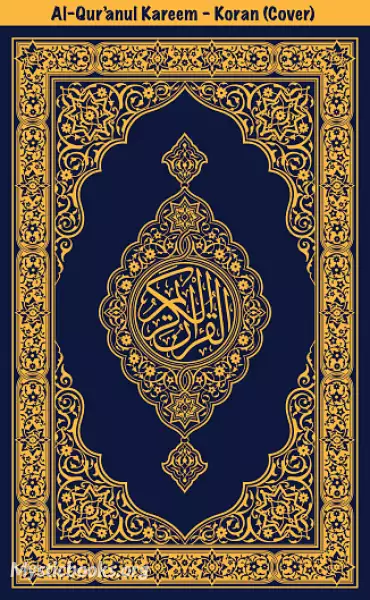
The Holy Koran
by Anonymous
'The Holy Koran' Summary
Muslims believe that the Quran was orally revealed by God to the final prophet, Muhammad, through the archangel Gabriel incrementally over a period of some 23 years, beginning in the month of Ramadan, when Muhammad was 40; and concluding in 632, the year of his death. Muslims regard the Quran as Muhammad's most important miracle; a proof of his prophethood; and the culmination of a series of divine messages starting with those revealed to Adam, including the Torah, the Psalms and the Gospel. The word Quran occurs some 70 times in the text itself, and other names and words are also said to refer to the Quran.
The Quran is thought by Muslims to be not simply divinely inspired, but the literal word of God. Muhammad did not write it as he did not know how to write. According to tradition, several of Muhammad's companions served as scribes, recording the revelations. Shortly after the prophet's death, the Quran was compiled by the companions, who had written down or memorized parts of it. Caliph Uthman established a standard version, now known as the Uthmanic codex, which is generally considered the archetype of the Quran known today. There are, however, variant readings, with mostly minor differences in meaning.
The Quran assumes familiarity with major narratives recounted in the Biblical and apocryphal scriptures. It summarizes some, dwells at length on others and, in some cases, presents alternative accounts and interpretations of events. The Quran describes itself as a book of guidance for mankind . It sometimes offers detailed accounts of specific historical events, and it often emphasizes the moral significance of an event over its narrative sequence. Supplementing the Quran with explanations for some cryptic Quranic narratives, and rulings that also provide the basis for Islamic law in most denominations of Islam, are hadiths—oral and written traditions believed to describe words and actions of Muhammad. During prayers, the Quran is recited only in Arabic.
Book Details
Language
EnglishOriginal Language
ArabicPublished In
610-632 CEAuthors

Anonymous
Unknown
An anonymous author is a writer who has chosen to keep their identity hidden from their readers. The reasons for this decision can vary, and may include political or social persecution, personal priva...
Books by AnonymousDownload eBooks
Listen/Download Audiobook
- Select Speed
Related books
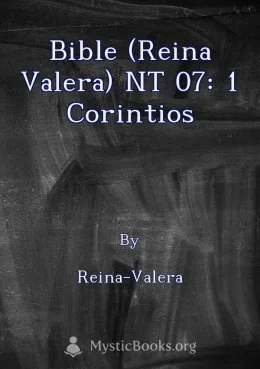
Bible (Reina Valera) NT 07: 1 Corintios by Reina-Valera
1 Corinthians is a letter written by the apostle Paul to the Christian community in Corinth, a city known for its moral complexities and cultural dive...
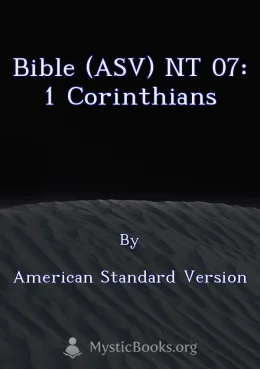
Bible (ASV) NT 07: 1 Corinthians by American Standard Version
The First Epistle to the Corinthians is a book of the Bible in the New Testament. 1 Corinthians is a letter from Paul of Tarsus and Sosthenes to the C...
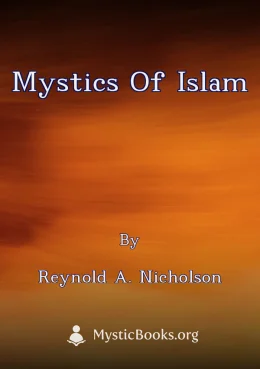
Mystics of Islam by Reynold A. Nicholson
Reynold A. Nicholson's "Mystics of Islam" is a seminal work exploring the rich and complex history of Sufism, a mystical branch of Islam. The book off...

Randolphs by Pansy (Isabella Macdonald Alden)
The Randolphs follows the family's lives as they navigate personal challenges and growth. Helen faces dissatisfaction with her current life, Grace fin...
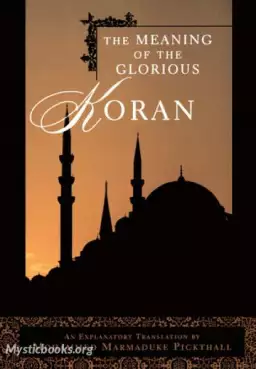
The Meaning of the Glorious Koran by Marmaduke William Pickthall
The Meaning of the Glorious Koran (1930) is an English Language translation of the Quran with brief introductions to the Surahs by Marmaduke Pickthall...
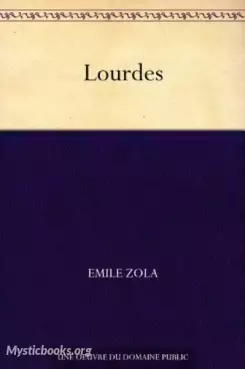
Lourdes by Emile Zola
Lourdes is a market town situated in the Pyrenees. It is part of the Hautes-Pyrénées department in the Occitanie region in southwestern France. Prior...
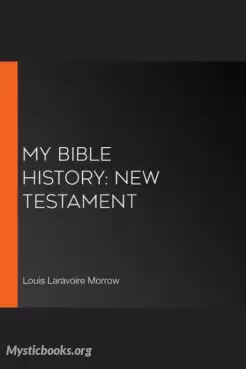
My Bible History: New Testament by Louis Laravoire Morrow
A short, simple New Testament Bible History for children, but which can also be enjoyed by adults alike. Starting with St. John the Baptist, and runni...
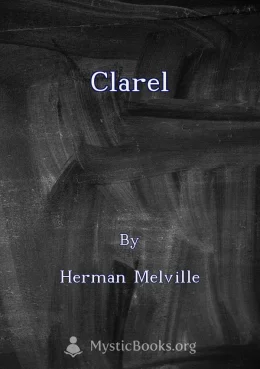
Clarel by Herman Melville
Clarel is an epic poem by Herman Melville that follows the journey of a young American, Clarel, to the Holy Land. The poem explores themes of faith, d...
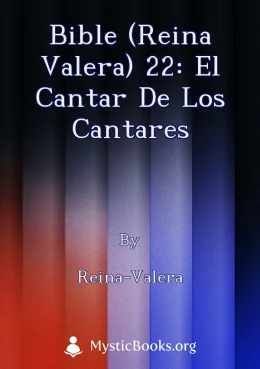
Bible (Reina Valera) 22: El Cantar de los Cantares by Reina-Valera
The Song of Solomon, also known as the Song of Songs, is a collection of lyrical poems in the Hebrew Bible. It explores the theme of passionate love b...
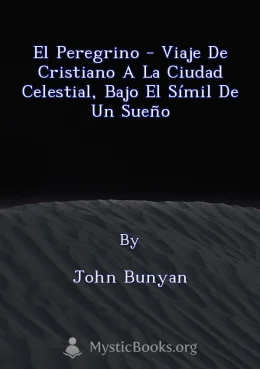
El Peregrino - Viaje de Cristiano a la Ciudad Celestial, bajo el símil de un sueño by John Bunyan
El Peregrino es una alegoría cristiana que narra el viaje de un hombre llamado Cristiano desde la Ciudad de Destrucción hasta la Ciudad Celestial. El...
Reviews for The Holy Koran
No reviews posted or approved, yet...